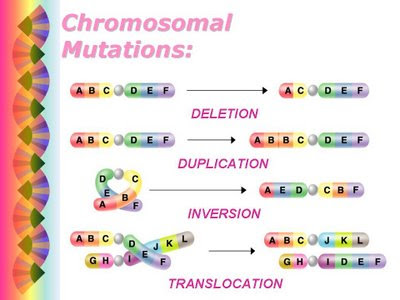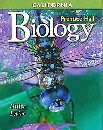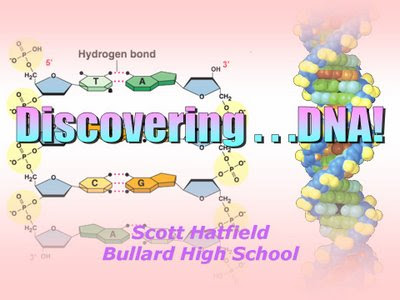In considering our Essay Project, which was outlined in an earlier post, there are certain problems that crop up over and over again. Before you submit your second draft, please review this post to avoid common errors.
One group of problems is MECHANICAL: that is, they are simply problems that have to do with proper formatting and organization of the paper. The other problems are TOPICAL: they are specific to one of the four topics.
First, let's consider common MECHANICAL problems.
Students are expected to use a
STANDARD font (Courier, Times, Arial or Helvetiva). Don't use oversized or non-standard fonts, like this....
Students are expected to have the font in 10-12 point, and to have them single-spaced. Texts should be RIGHT-justified, just like a textbook. A student's essay should never be CENTER-justified, like this....
Students are expected to have
citations INSIDE the body of the text. These will typically contain either an author's last name, followed by a year, or perhaps the name of an Internet text page, followed by the year, and look like this....
These citations refer to
a list of sources that appear in a Bibliography at the END of the paper, which should be APA style, and look something like this....
To help students generate their APA-style citations, students should use
www.citationmachine.net. Go to the site, select APA-style, and follow the prompts to creation your own citations for books, magazine/journal articles and web pages.
Again, here's an example that compares an annotated, sourced version of an assignment students have received in class in the current unit, called "Show Me A Walking Fish". This image clearly compares the first page of an article written by Mr. Hatfield with a bibliography at the end of the article, containing the sources used to write the article:
Now, let's review some common TOPICAL problems with Essay Topics 1 and 2....
Students must present lines of evidence of common descent. Identify them, but also EXPLAIN them. In Topic 1, students must present four such lines of evidence. In Topic 2, students need only present one line of evidence, but it must be very well-explained, because they are required to present an alternative hypothesis for this line of evidence as well as the one of common descent.
In Topic 1, students must be able to distinguish between evolution, natural selection and speciation. Here's the general outline...
EVOLUTION: genetic change in a population FACT
NATURAL SELECTION: a process in which the environment affects gene frequencies in a population, causing evolution. FACT
THEORY OF EVOLUTION by NATURAL SELECTION (TENS): What is theoretical is not evolution, or natural selection (those are both FACTS ). Rather, the theory is the relationship between these two facts, and the claim that life's diversity over time has largely been produced by this interaction between the genome and the environment...
Speciation: also a FACT : the production of a new species, which is just one possible outcome of TENS.
Both Topic 1 and Topic 2 are expected to present a claim which argues against their topic, either 'Evolution of Species' (Topic 1) or 'Creation of Species' (Topic 2). They should have a citation for this claim matching a source in their bibliography. They should then present evidence, preferably the result of experiments or observation, that argues against the previous claim. In other words, they should be prepared to show they understand 'Pro' and 'Con' arguments regarding their topic...an excellent habit of mind that prepares us for higher-level coursework, such as college.
Other common TOPICAL problems, that often occur with Essay Topic 3....
Students are asked to explain why the modern theory of evolution (TENS) is a synthetic theory. To do that, use the meaning of the word 'synthesis.'
Students may be asked to present or explain 'probability arguments' against TENS, which argue (in effect) that the spontaneous production of complex life forms from simpler forms or mere molecules is unlikely. Students may be tempted to use arguments from thermodynamics ('the 2nd Law') or against abiogenesis (the origin of life). This is permitted, but a few words of caution:
TENS is NOT a theory about the origin of life.
TENS is NOT a theory about the origin of the universe.
What is the title of Darwin's famous 1859 book that introduced his original theory? That is the subject that TENS attempts to address.






































